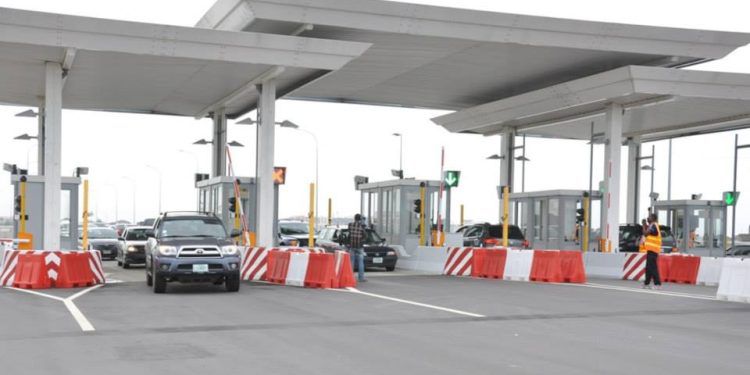The Ministry of Roads and Highways in Ghana has officially announced the reinstatement of road and bridge tolls, reversing a previous decision by the former government. This move aims to generate much-needed revenue for the crucial task of maintaining and improving the country’s road infrastructure. The ministry has emphasized its commitment to a modern, technologically driven toll collection system, promising a transparent and competitive procurement process to ensure efficiency and accountability. This decision follows earlier statements by the Minister for Roads and Highways, Kwame Governs Agboza, who criticized the previous toll cancellation as illegal, highlighting the legal framework supporting the Road Fund and the need for a sustainable funding mechanism for road maintenance.
The reintroduction of tolls marks a significant shift in policy, addressing the critical need for funding to maintain and upgrade Ghana’s road network. The previous cancellation of tolls, while possibly intended to provide immediate relief to drivers, ultimately created a funding gap that hampered road maintenance efforts. The deterioration of roads due to inadequate funding has significant economic and social consequences, including increased vehicle operating costs, higher accident rates, and impeded access to essential services and markets. The reinstated tolls are intended to address this funding shortfall and ensure the sustainable upkeep of the road infrastructure.
The ministry’s commitment to a technologically advanced toll collection system underscores the government’s intention to modernize and streamline the process. This new system aims to eliminate the inefficiencies and potential for corruption associated with traditional manual toll collection methods. By leveraging technology, the government hopes to create a more transparent and accountable system, ensuring that collected funds are directly channeled towards road maintenance and improvement projects. This commitment to transparency and accountability is crucial for building public trust and ensuring the effective use of public resources.
The envisioned system likely involves electronic tolling, enabling seamless and contactless payment methods. This could include technologies like RFID tags, GPS tracking, or automatic number plate recognition, allowing vehicles to pass through toll points without stopping. Such systems not only reduce congestion and travel time but also provide valuable data on traffic flow and road usage, which can inform infrastructure planning and development. The adoption of these technologies aligns with global trends in transportation infrastructure management and reflects a commitment to improving efficiency and service delivery.
The ministry’s emphasis on an open and competitive procurement process is essential for ensuring the selection of the most suitable and cost-effective technology provider. A transparent process fosters fairness and prevents potential favoritism or corruption, ultimately benefiting the public by ensuring value for money. This approach also encourages innovation and competition among technology providers, leading to the development of more efficient and user-friendly toll collection solutions. By adhering to these principles, the government aims to establish a sustainable and robust system that serves the long-term interests of the country’s road infrastructure.
The reintroduction of road and bridge tolls in Ghana represents a pragmatic approach to addressing the critical funding needs of the country’s road network. The government’s commitment to a modern, technologically driven system promises greater efficiency, transparency, and accountability in toll collection. This move is expected to contribute significantly to the improvement and maintenance of Ghana’s roads, promoting economic development, enhancing road safety, and improving the overall quality of life for citizens. The successful implementation of this new system will depend on careful planning, effective stakeholder engagement, and a continued commitment to transparency throughout the process.


